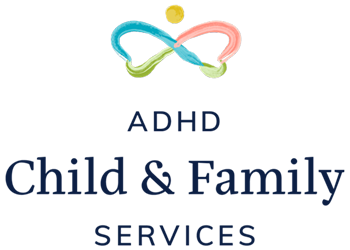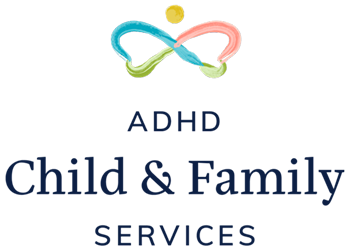There are a lot of myths about ADHD: “it only affects boys”, “kids grow out of it”, ” if my teen would just
try harder they would be successful”, “it only impacts school performance”…
Much of what we know about ADHD today is dramatically more advanced than what we knew – or
thought we knew – 20 or 30 years ago. We now know that ADHD impacts people of all ages, sexes, and
ethnicities. It is a complex, chronic problem in the brain that impacts all areas of daily life. AND, there is
tremendous variability in symptoms. Stand three people with ADHD side-by-side and you will see three
very different sets of ADHD symptoms. The magnitude of the variability and complexity can be
overwhelming.
You might be asking: “How can I learn about ADHD?”
There is a tried and true therapeutic method called “psychoeducation” which describes the process of
teaching clients with mental health challenges and their family members about the nature of ADHD,
including its causes, progression, consequences of inadequate treatment, prognosis, and best
therapeutic practices. Not only do psychoeducational methods IMPART knowledge but they also help
parents and youth APPLY that knowledge in their daily lives.
Learning as much as you can from your therapist and other reputable sources can help you and your
family understand your child’s “brand” of ADHD. Gaining understanding increases feelings of
empowerment and mastery. Taking a “learning stance” will help you face the challenge of growing your
skills for supporting your child.
What resources are available?
ADHD Child and Family Services has a series of parent education groups that can be accessed virtually.
Your child’s therapist is an especially good resource about your child’s particular “brand” of ADHD. There
are resources online and in written form – consult with your child’s therapist at the next parent-only
session if you have questions about a resource you found.

